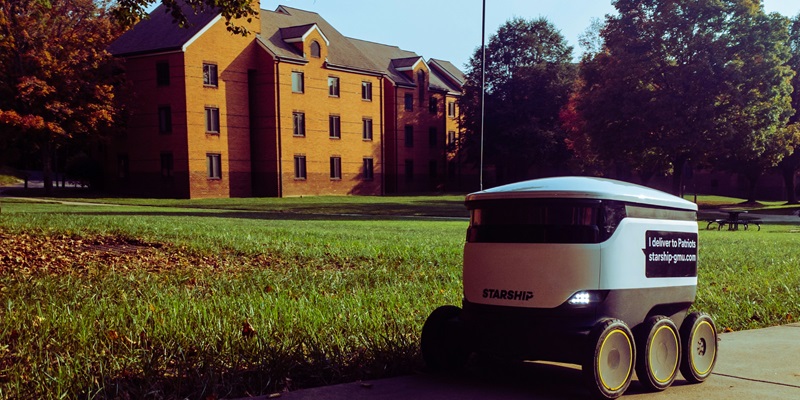The surge in online shopping has revolutionized the retail industry, setting new standards for delivery services. As such demands continually scale, traditional delivery methods grapple with challenges of efficiency and sustainability. Enter Starship Technologies, a company that may possess the key to unlocking a new era in logistics with its autonomous delivery robots. Established by Ahti Heinla and Janus Friis, the company finds its origins in technology initially developed for NASA challenges. Although their Mars terrain robot wasn’t selected, the founders pivoted, repurposing the concept to address Earth’s logistics challenges.
With Ahti Heinla at the helm as CEO, Starship Technologies has honed its focus on last-mile delivery, a segment notorious for its inefficiency and high costs. Their autonomous robots have been navigating the streets of Europe and the United States, slowly but surely embedding themselves in the fabric of urban delivery networks. Achieving over six million deliveries so far, these robots represent more than a novelty; they symbolize a possible future where packages are delivered swiftly, safely, and sustainably, reducing the carbon footprint significantly.
Scaling Up Success
Starship Technologies recently secured a $90M investment, boosting its total funds to $230M. With this infusion from Plural and Iconical, the company plans to expand its robotic delivery services and invest in tech upgrades like wireless charging and advanced AI, furthering their robots’ already impressive 99% autonomous operation rate. These robots navigate challenging terrain with ease, outperforming traditional delivery methods.
Moreover, Starship’s robots are environmentally beneficial, having reportedly saved 1.8 million kilograms of CO2 emissions. This sustainability factor is crucial as they aim to transform the inefficient and pollution-intensive last-mile delivery landscape. Partnerships with Bolt and Co-op exemplify the growing acceptance of robotic deliveries. These new investments are a major step toward a future where autonomous robot fleets are vital components of our delivery ecosystems, offering efficient, eco-friendly services.

